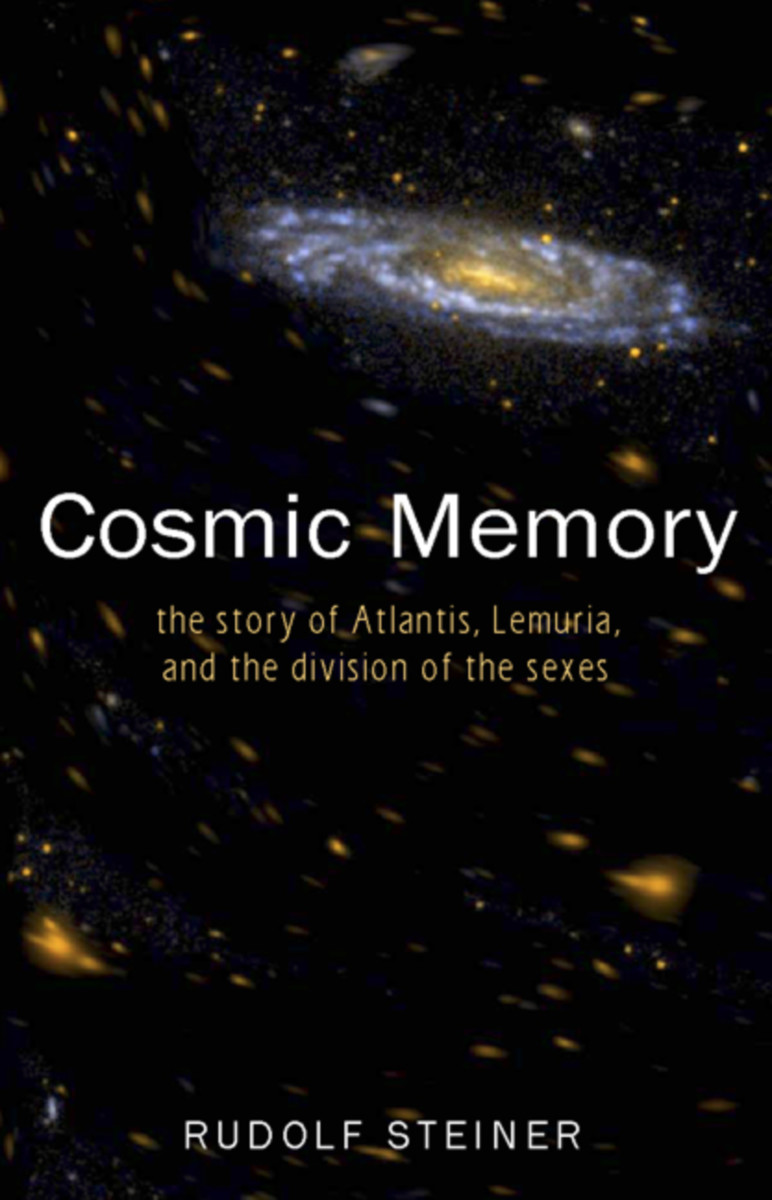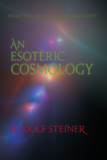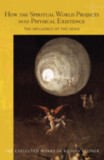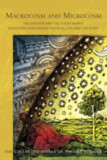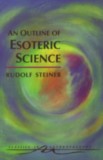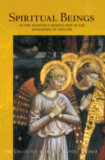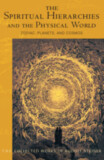Cosmic Memory
The Story of Atlantis, Lemuria, and the Division of the Sexes (CW 11)
- Publisher
SteinerBooks - Published
1st December 1987 - ISBN 9780893452278
- Language English
- Pages 256 pp.
Written 1904–1908 (CW 11)
“Rudolf Steiner shows that the insoluble link between humanity and cosmos is the fundamental basis of evolution. As human beings have participated in the development of the world we know today, so their achievements are directly connected with the ultimate destiny of the universe. In human hands rests the freedom to shape the future course of creation. Knowledge of our exalted origins and of the path we have followed is indispensable if we are to evolve a future worthy of responsible human beings.... Through a study of Steiner’s writings, one can come to a clear, reasonable, comprehensive understanding of human beings and their place in the universe.” —Paul Marshall Allen
In the best tradition of ancient wisdom literature, Cosmic Memory reconstructs, from the akashic record, events that span the time between the origin of the Earth and the beginning of recorded history. This spiritual research includes a profound investigation of the origins, achievements, and fate of the Atlanteans and Lemurians—the remarkable “lost” root races that developed the first concepts of “good” and “evil,” manipulated natural forces, laid the foundation for human legal and ethical systems, and defined and nurtured the distinctive yet complementary powers of men and women that brought humankind, many centuries ago, to its highest artistic, intellectual, and spiritual attainments.
Through this discussion of our true origins, Cosmic Memory offers a genuine foundation for our lives, allowing us to realize our real value, dignity, and essence. The reader is shown our human connection with the world around us as well as our highest goals and true destiny.
This is a key volume for understanding Rudolf Steiner's early development as a Theosophist and how his ideas, terminology, and formulations during that time fit into the development of his anthroposophic epistemology and Christology.
This volume is a translation of Aus der Akasha-Chronik (Rudolf Steiner Gesamtausgabe 11), Rudolf Steiner Verlag, 1986.
C O N T E N T S:
Introduction by Paul Marshall Allen (1959)
Preface by Marie Steiner-von Sivers (1939)
1. Contemporary Civilization in the Mirror of the Science of the Spirit
2. From the Akash Chronicle
3. Our Atlantean Ancestors
4. Transition of the Fourth into the Fifth Root Race
5. The Lemurian Race
6. The Division into Sexes
7. The Last Period before the Division into Sexes
8. The Hyperborean and Polarean Epoch
9. Beginning of the Present Earth: Extrusion of the Sun
10. Extrusion of the Moon
11. Some Necessary Points of View
12. On the Origin of the Earth
13. The Earth and Its Future
14. The Life of Saturn
15. The Life of the Sun
16. Life on the Moon
17. The Life of Earth
18. The Fourfold Man of Earth
19. Answers to Questions
20. Prejudices Arising from Alleged Science (1904)
Index
Rudolf Steiner
Rudolf Steiner (b. Rudolf Joseph Lorenz Steiner, 1861–1925) was born in the small village of Kraljevec, Austro-Hungarian Empire (now in Croatia), where he grew up. As a young man, he lived in Weimar and Berlin, where he became a well-published scientific, literary, and philosophical scholar, known especially for his work with Goethe’s scientific writings. Steiner termed his spiritual philosophy anthroposophy, meaning “wisdom of the human being.” As an exceptionally developed seer, he based his work on direct knowledge and perception of spiritual dimensions. He initiated a modern, universal “spiritual science” that is accessible to anyone willing to exercise clear and unbiased thinking. From his spiritual investigations, Steiner provided suggestions for the renewal of numerous activities, including education (general and for special needs), agriculture, medicine, economics, architecture, science, philosophy, Christianity, and the arts. There are currently thousands of schools, clinics, farms, and initiatives in other fields that involve practical work based on the principles Steiner developed. His many published works feature his research into the spiritual nature of human beings, the evolution of the world and humanity, and methods for personal development. He wrote some thirty books and delivered more than six thousand lectures throughout much of Europe. In 1924, Steiner founded the General Anthroposophical Society, which today has branches around the world.


